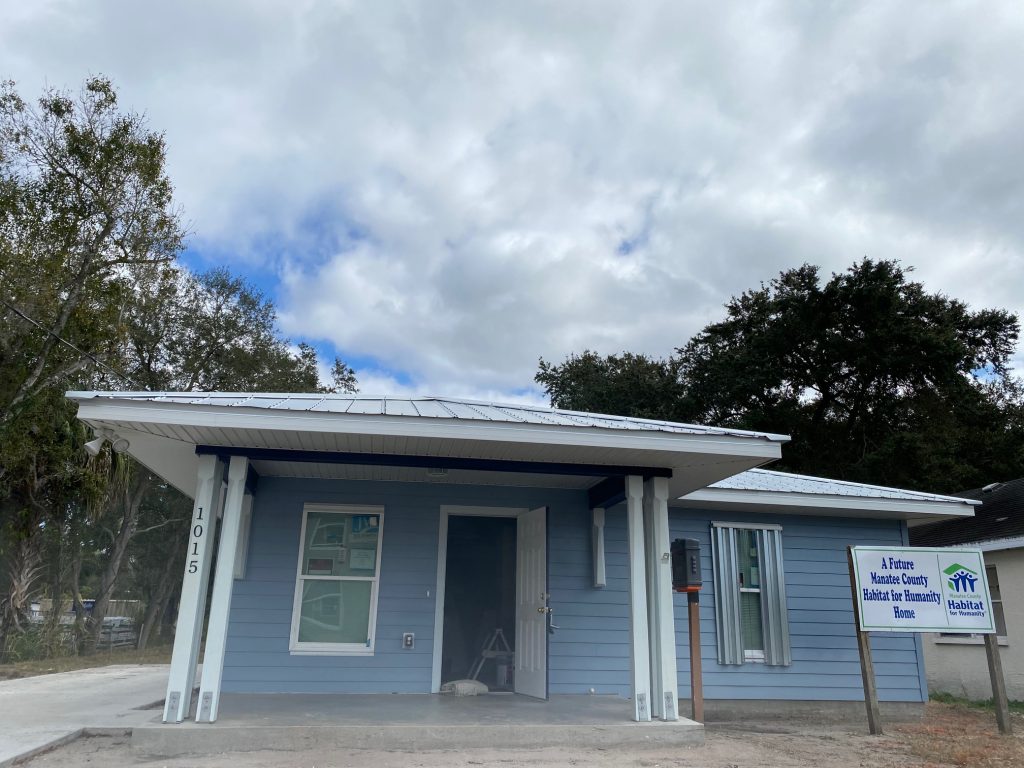Bruce Winter, our Director of Construction has some great information he wanted passed along to all of you! With summer right around the corner, get proactive and make a few changes to your home now to optimize your home for summer and save energy.
If you have not started your spring cleaning yet, do not panic! At MCHFH we are always looking for new ways to save energy. Small changes add up. That goes for the environment and for your electricity bill. We have put together a list of some different ways you can get ahead of the warmer weather and prepare your home to reduce your electricity usage amid fluctuating temperatures.
Have an annual maintenance performed on your air conditioning (A/C) system. Some systems are best done twice a year but every system needs to have preventative maintenance done at least once a year. This will keep your system running at maximum efficiency, lowering electric bills. It can also prevent costly repair bills and inconvenience should the A/C go out in the middle of the summer months. Often times the cost of the maintenance will be paid by the savings on the electric bill.
Make use of your windows. Spring can be an erratic season (especially if you are in New England!) but your windows can help equalize the temperature. Leave your blinds open when it is colder so the sunlight can warm up your home, but open them when it is warm before you turn on the AC. Opening several windows in your home and keeping doors open will create a cross breeze that keeps air moving, and including a window fan offers additional air flow. Weatherproofing your draft windows can also help moderate temperatures as the weather gets warmer.

Install a ceiling fan. Ceiling fans use considerably less energy than an A/C unit or cooling system, and their effects are much more immediate than waiting for the home to cool down.
Turn that fan off when you leave. Fans do not actually cool down the room, they create a wind chill effect on the skin. Leaving your fans on when you are not in the room just moves the air around and can use up to 70+ kWh/month.
Face fans out the window. On especially hot nights, you probably get the portable fan out of the closet. These actually work better when you point them facing out, because they are blowing the hot air inside your home outside.
Air dry. Air drying your clothes and dishes keeps your home cooler on hot days and reduces the amount of time two of your biggest appliances are on.
Seal drafty/leaky areas and any holes around the home with spray foam insulation. In older homes, the areas around electrical boxes and protrusions into the house from the exterior are often poorly sealed, which can lead to drafts coming in around the outlets or other areas. Use some spray foam to seal around those areas and prevent drafts from coming in.
Get a smart thermostat. A smart thermostat will manage the changing temperatures for you, resulting in a more comfortable home and major savings on your heating and electric bills. If you are not ready to invest in more smart technology, you can manually do the job of the smart thermostat.
